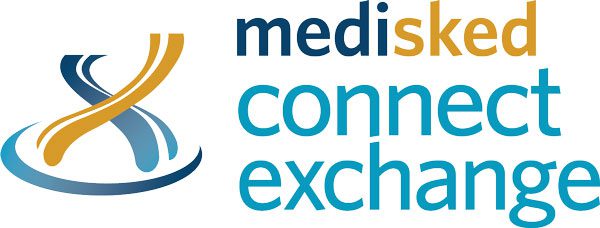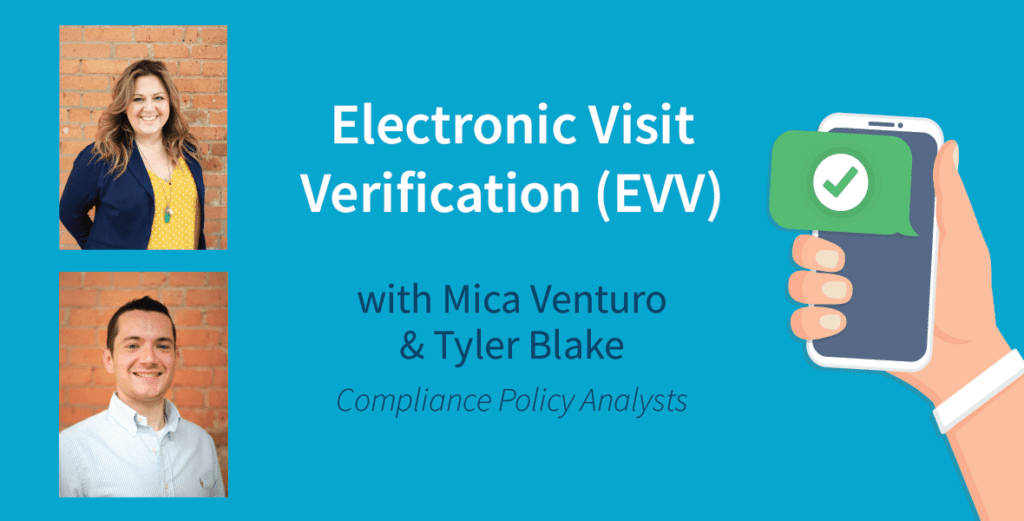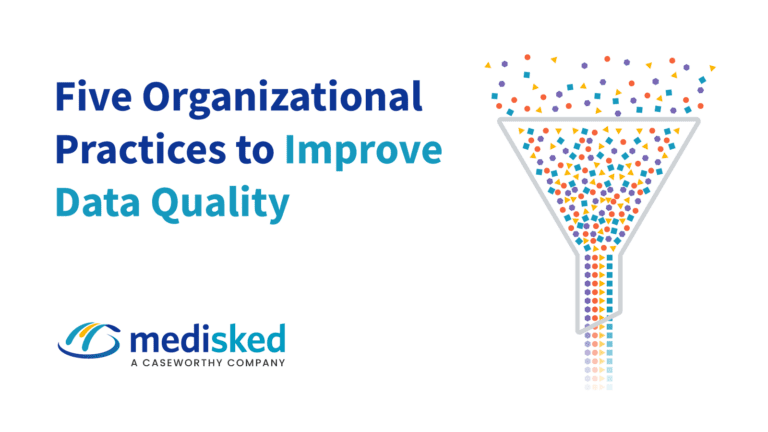At MediSked, we’re dedicated to offering the most up-to-date, proactive information on Electronic Visit Verification (EVV) regulations. We focus on compliance in this ever-changing regulatory environment so our clients can focus on delivering services to individuals. But what does EVV really mean in today’s landscape? To fully understand EVV, we must first know our history!
In 2016, the 21st Century Cures Act was passed to build upon the provisions to reduce fraud and increase service verification through documented care. The Centers for Medicare & Medicaid Services (CMS) released Electronic Visit Verification (EVV) guidance which included best practices for section 12006(b) of the Cures Act. The EVV guidance provided details on implementation models, promising practices, expected data points, and proper training, which is also mandated within the Cures Act.
The overall programmatic goals of EVV are meant to cover:
- Compliance with the federal and state level requirements
- Improve quality
- Increase accuracy
- Promote financial accountability
- Reduce risk for abuse and neglect
- Identify and prevent bad actors
- Promote opportunity for individuals living in their communities
Today’s EVV Landscape
Currently, EVV is expected to be implemented using technology to verify service delivery through six requirements (listed below). The user will check-in and check-out for service start and end times. Location can be verified through several technology options. EVV solutions can be designed around multiple technology platforms, such as web-based, mobile-based, GPS, and telephony.
At MediSked, we are paying close attention to the EVV landscape and state-level decisions as they deploy their model selections. When appropriate, we are integrating with state-selected aggregators to ensure data transmission.
In order to comply with federal regulations, all EVV systems, including MediSked’s, must collect six main points of data:
- Type of service performed
- Individual receiving service
- Date of service
- Location of service
- Individual providing service
- Time of service beginning and ending
CMS expects states to have EVV in use for Medicaid funded Personal Care Services (PCS) by January 1, 2021 and Home Health Care Services (HHCS) by January 1, 2023.
EVV Model Design
Each individual state may design an EVV model that best fits their state. There are several models for EVV implementation:
Closed Models – the Medicaid program at the state-level will select the EVV system for all organizations to utilize. This is intended to create a standardization across the state. The system can be a mandated vendor system, or the state could develop its own system for the providers.
Open Model – In an Open Model, providers can use their own procured system. States often do not certify vendors, which means they will depend on integration between the state EVV and the provider’s chosen EVV system. With this model, the state will use a data aggregator to collect data from all EVV systems and ensure visits are properly verified.
Hybrid Model – provider agencies may choose to use the state EVV solution at no cost or utilize an alternate EVV vendor of their choice.
EVV allows for integrations and services designs to be incredibly fluid. So far, states have made selections for model designs and preferred use of verification technologies that are unique to their own needs and circumstances. This means that so far, no two states with EVV implementation plans look the same. Technology vendors like MediSked must pay rigorous attention to detail and be prepared to configure solutions to each state’s requirements.
Learn More About Options to Comply with EVV
Already have MediSked Connect? Want to know more about EVV and how it impacts you? MediSked Connect experts will be hosting a series of EVV webinars for clients to review requirements, state model choices, and how Connect already offers several options to prepare your agency to comply. If you haven’t received an email invitation, visit the MediSked Community or contact Support for the registration link.
Not a MediSked client yet? Want to learn more about how MediSked Connect can help your agency prepare to comply with upcoming EVV requirements? Learn More About MediSked’s EVV Solutions.








